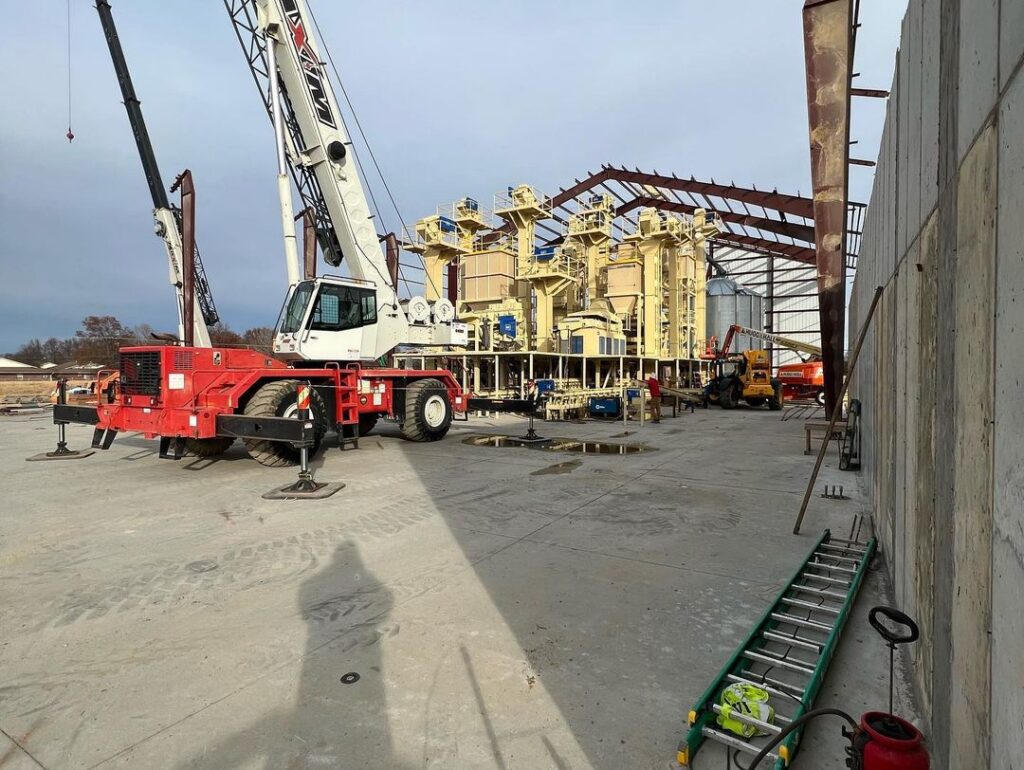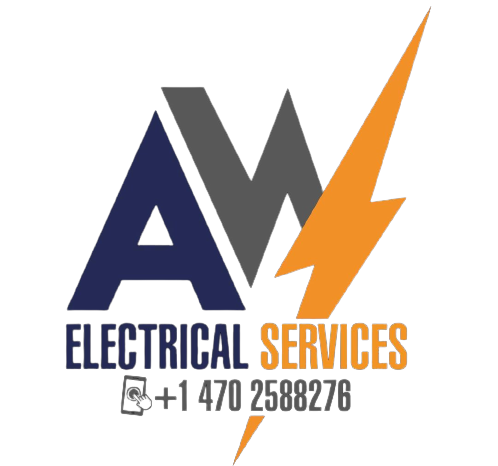Industrial electrical installations Atlanta, Georgia

Industrial electrical installations play a critical role in modern manufacturing and production. These installations power the equipment, machinery, and technology that keep factories and other industrial operations running smoothly. However, these installations also come with a significant amount of responsibility. In this article, we'll explore some of the key responsibilities that must be considered when dealing with industrial electrical installations.
- Compliance with regulations and standards
One of the most important responsibilities of industrial electrical installations is compliance with regulations and standards. Electrical installations must meet strict safety standards to protect workers and prevent electrical hazards. These regulations and standards cover everything from wiring and grounding to the installation of electrical equipment.
- Regular inspections and maintenance
Another critical responsibility of industrial electrical installations is regular inspections and maintenance. Electrical equipment and wiring can deteriorate over time, leading to electrical hazards or equipment failures. Regular inspections can help identify potential problems before they become serious, allowing for timely repairs or replacements.
- Proper training and education
Proper training and education are essential for anyone who works with or around industrial electrical installations. Workers must understand the potential hazards of electricity and how to work safely with electrical equipment. This includes understanding the proper use of personal protective equipment, lockout/tagout procedures, and emergency response protocols.
- Risk assessments
Risk assessments are an essential part of any industrial electrical installation. A risk assessment evaluates potential hazards and determines the level of risk associated with each hazard. This information can then be used to develop risk management strategies, such as implementing engineering controls, administrative controls, and personal protective equipment.
- Emergency planning
Finally, industrial electrical installations must have an emergency plan in place. This plan should include procedures for responding to electrical emergencies, such as power outages, electrical fires, or electrocutions. Workers must understand their roles and responsibilities in an emergency and be trained on the proper use of emergency equipment, such as fire extinguishers and first aid kits.
In conclusion, industrial electrical installations come with a significant amount of responsibility. Compliance with regulations and standards, regular inspections and maintenance, proper training and education, risk assessments, and emergency planning are all critical components of a safe and effective industrial electrical installation. By understanding and fulfilling these responsibilities, we can help ensure the safety and well-being of workers and protect the integrity of our industrial operations.

Leave a Reply